|
4/30/2018 I Can’t Fix Him By Melissa KellyI Can’t Fix Him there was no perfect poem that would fix him no arrangement of words perfectly placed he would come to understand I tried again and again line after line, rhyme after rhyme he’d go back to his drink down further he’d sink the drugs used And continuously abuse had to end one day with death or finally put away now he’s in his cell and me I’m on the outside pen in hand still writing trying to find the right words the perfect rhyme  Bio: Melissa Kelly is a Poet and Short Story writer from Long Island, NY. She was recently published in the WestWard Quarterly Magazine, Soft Cartel and Plum Tree Tavern. 4/30/2018 Blocked Aisles By James CaldwellBlocked Aisles On weekends young yogis invade food lion Kneeling in rapture by the craft beer singles The crane with raised leg seeking the fish It has never tried seeking its essence Stealing my little peace by the foil On a warm winter day the mats stowed away They sit on the patio facing park road As real wood fires the pizza and herbs Are withered in their organic wooden boxes Traffic backs as they must communicate Where is Stevie Ray and the smell of Panama? Where is the redneck girl bumming a cig On the bleachers where is a woman o where Is my life not in the banned grill not in the dead band Not in my garden of roses and weeds Bio: James is a poet from Charlotte, NC, who used to go by Bob but then his life went all to hell. He used to make his living cleaning swimming pools, which one can do while high. Then he aged out of the profession, and now grows flowers in his mother's back yard. 4/30/2018 Synesthesia By Betsy MarsSynesthesia In a state of brownie-found grace, I lay bound to my bed, words trying to form sentences, meaning my words became pregnant and I pushed, delivering them to the page. My thoughts floated in a world without verbs other than “lie” or “listen” -- words more like nouns -- concrete states of being, not actions. Pastel iridescent ribbons curled like kitetails in the flutter of my mind's eye, which named it music and didn't care when sound became color. 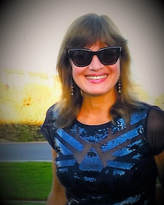 Bio: Betsy Mars was born in Connecticut, but has spent most of her life in the Los Angeles area. A two year stint in Brazil as a child made a lasting impact on her in terms of her early awareness of language and culture, socio-economic differences, and left her with an abiding love of travel. She is an educator, mother, and animal lover, and is striving desperately to make up for lost time after decades away from the serious study and writing of poetry. Her work has recently appeared in Writing In A Woman's Voice, The Rise Up Review, and the Peacock Journal. 4/30/2018 Poetry By Jeremy FreedmanContinental Divide A few doors down but precious friends surround me and animate the animal in me I evaporate down your flag down to half-staff with all the bones of my hand on fire that's the kindest thing I've ever done for a drowning animal or for a liar No wheat without the chaff No sorrow without a laugh No art without the craft from my drugged eyeballs to my dragging feet a few doors over in the rat-fucked street What a vanity is this dazzle Sex and faith overheat on this opulent jour de fête of my desires as fluid as any maiden meet an elixir mixed with whispers and codified sighs of recognition The Continental Divide opens like the private parts of a flower in their stupid concupiscence a watery flytrap for the little satrap who drowned lickety-split in public in a puddle as shallow as a pistil deep as a rain shower sharp as any needle and more furious Some Basic Information About Your Plan Maybe the design has a kill ratio Of one to one Maybe if you could tear the air away Self-praise would pour seductively out Of your open throat like smoke Maybe the smoke would stick To the walls of your cells like a member Of some subcutaneous club Maybe your brain could perform its witty White noise and quiet the guests Maybe you can guess where This is going Maybe your throat will bleed Vice-signaling motherless smoke Into the coarse night air And cover the world with your pity But probably not Maybe the plan is flawed You are not a time traveler You can’t make history vanish  Bio: Jeremy Freedman is a writer and artist living in New York City. His poems have been published in 2 Bridges Review, Pioneertown, Queen Mob’s, Cleaver, Otoliths, and elsewhere. His chapbook “Apophenia” (2017) is available from Finishing Line Press. His photographs have been exhibited in Europe and the United States and have been featured in numerous journals. More work can be seen at jfreenyc.com and on Instagram @jfreenyc. In The Back of the Parlor “This is bullshit. Funerals. Why are they even a thing? What benefit are they? To who? We’re gathered tonight to remember Lisbeth… What does that mean? Are we all gonna forget her tomorrow? Did we all need to be herded in to this small ass room to remember someone who only died four days ago? It’s stupid. Funerals should really take place a year after someone dies. Or two years or three or whatever. When people do start to forget and need to be reminded that Lisbeth was a fucking person and not a fucking obligation. I’ve never even met half of these people and I was with her literally everyday for the last nine months. Everyone knew she was sick. Everyone offered their thoughts and prayers and ears if anyone in our family needed to speak. But no one was here. Nobody came to the hospital. No one came to the house. No one called to check in. People would send a text that would say something like, “hey how’s your sister?” Then after that question was answered they’d send a text with the real reason they contacted me, like, “Oh ok, I’ll keep praying for her. Are you going to Natali’s party tomorrow?” Or something like that. It’s fucking bullshit. Why are they here now? Seriously. For what? Lisbeth doesn’t care, she’s dead.” “They’re here for you guys. For your family. To offer support.” “But what does that mean? Support for what? How is their being here changing anything? I’m being serious, I’m not being an asshole or anything, I’m really asking. Like…” “I know you’re not being an asshole, but you’re upset. They just want to pay their respects.” “But that’s what I’m saying. It’s bullshit. Not them, this whole thing. Funerals. In general. What does that mean, ‘pay their respects’? Why is it respectful to be here after a person has died and not before? Families pay thousands of dollars for funerals so other people, who weren’t there as much as they were can come and look at a dead body and hug the family and sign a book to get credit for doing those things. Thousands of dollars. How is that, you know, respectful or whatever? It’s such a dumb tradition.” “Ok.” “What? Why are you mad? What?” “I’m not babe, I’m not mad. I just don’t want you to be so mad. But it’s ok.” “No. What? What were you gonna say?” “Baby, I’m serious. I wasn’t going to say anything. It’s just… I know this sucks. Everyone hates funerals but…” “Not everyone. Half the people in here are laughing.” “…BUT. Don’t be mad at people for trying to do the right thing. You’re right this is kind of a crazy way of doing things. But all funerals aren’t the same everywhere. Some funerals are parties. Like a celebration of the persons life or that they’re no longer suffering or whatever. Some funerals are just, like, straight up church services, you know? Like the only difference between a church service and that service is the coffin. Know what I mean? Funerals do serve a purpose. They’re like, you know, closure. People come to say good bye in person. They could easily do it in a text or a facebook comment but they go out of their way to come here to say it to the person. To Lisbeth. She’s not just a body, she’s still Lisbeth. And for those who didn’t know her they do it for you guys. For the same reason I’m here. So you don’t have to be alone when you say goodbye. You know what I mean?” “…” “Don’t be mad, babe. They have the right intentions. They mean well. Ok?” “Ok. I’m sorry.” “No. Don’t be. I just don’t want you to be mad. This is hard enough for you guys.” “I don’t wanna go up there.” “What do you mean, to see her?” “No to… to talk, to speak. I gotta read the fucking eulogy.” “Oh.” “I don’t wanna do this.” “I know, baby, I know. You want me to go with you?” “I don’t want to do this. It’s so du… it’s fucking stupid.” “I know baby.” “How the fuck can she be dead? How can she be in the hospital for nine, Nine! Fucking. Months. And not get better? It doesn’t make any sense.” “I know.” “I don’t wanna do this.” “Ok, babe. Ok.” “…” “…” “…” “Come on baby. They’re calling you up there. Let’s go. I’m going with you.” “Fuck.” “Come on. For Lisbeth. Come on.” “Ok.” “You’re ok baby. Come on.” “Hi guys. Uh…. Ehem. Excuse me. I’m sorry. Umm. I’m gonna read this, um, there’s a eulogy on the back of your, um… My mom and I wrote this, like, summary of her life on the back of these handouts. Uh…” “It’s ok sweetie.” “…uh. I just want to say, that… I wanna say that I, my mom and I, loved my sister. She meant the world to us. This isn’t easy, but we… I just want to say that, um… ehem. I wanna say that… thank you. Thank you. It means so much to my family… and to Lisbeth, that you guys are here. Thank you.” 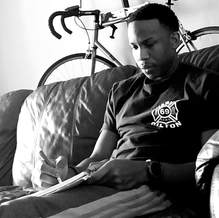 Bio: Jason Powell is a New York City Firefighter in the FDNY and an avid people watcher. He spends all of his free time and (some of his work time) writing and reading and eating chocolate covered pretzels. 4/29/2018 Poetry By Paul SuttonYour Boy The dead – they never get to hear how happy those they loved are. Your boy – I saw him crossing the street, not a care, maybe he'd been cutting grass in the middle of a roundabout or eyeing up girls in a bar – whichever – doesn't matter. He looked happy. I passed in the car and can't claim acquaintance, just sat detached. That's how we can see people in seconds, then read them – and feel contentment in how someone moves to face the sun. I knew you'd like to know – but can't. So impossible now, those colours of the past. It isn't that they've faded – just that sight would need a journey, a stolen glimpse at what's been lost. Bio: Paul Sutton, Born in London, 1964. Five collections - most recent from UK publisher Knives, Forks and Spoons Press: "The Diversification of Dave Turnip", March 2017. "Falling Off" (KFS, January 2015) was Poetry Book Society Recommended Autumn Reading, 2015. US Collection "Brains Scream at Night" (2010) from NY publisher BlazeVox. 4/28/2018 Poetry By Jeannie E. RobertsPondering Deoxyribonucleic Acid and Belonging Units of repeating patterns combine in conversation, celebrate their commonalities, focus on their familiarity, revel in the tight loop of DNA. There are others in attendance, two who listen, sit quietly, wait for their chance to be included, a mother and son whose chain of nucleotides carry different genetic instructions. So how do families with dissimilar DNA blend and bond? On the path of belonging, does birthright and surname take preference? Or, perhaps true belonging exists collectively, in the consciousness and biology of humanity. In the process of trying to fit in, sometimes we lose ourselves, forget that we're an intrinsic part of the equation. As we seek to find the self we believed to be fuller, less broken, we realize we must leave the pain and isolation of double standards, move to the place that shaped and defined us, our birthplace, here we examine our essence, the one intact prior to the alienation. In revisiting the past, we find that everything has changed, that our memories are just markers in time, residue of a life no longer in existence. But what if our memories are a form of belonging? What if belonging and connection reside in remembrances― the reminders and sensations of what has been, in the traces of cellular memory―the expression of laughter, a loving embrace, the emergence of sunrise, the movement of waves, scent of fire, water's quench on a hot summer's day . . . Why is DNA important to some people and not important to others? Do we place too much emphasis on our hereditary material? Aren't we already one in our universal kinship? Why can't kindness, compassion, and inclusion be the cohesive bonds to acceptance and belonging? Isn't the quality of being human enough? 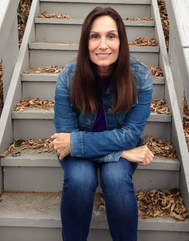 Bio: Jeannie E. Roberts has authored four poetry collections and one children's book. Her most recent collection is The Wingspan of Things, a poetry chapbook (Dancing Girl Press, 2017). She is also the author of Romp and Ceremony, a full-length poetry collection (Finishing Line Press, 2017), Beyond Bulrush, a full-length poetry collection (Lit Fest Press, 2015), and Nature of it All, a poetry chapbook (Finishing Line Press, 2013). She is the author and illustrator of Let's Make Faces!, a children's book dedicated to her son (author-published, 2009). Her work appears in books, online magazines, print journals and anthologies, including A Year of Being Here, An Ariel Anthology, Bards Against Hunger, Blue Heron Review, Bramble, Festival of Language's Festival Writer, Literary Mama, Misty Mountain Review, Portage Magazine, Quill and Parchment, Red Cedar Review, Silver Birch Press, Sky Island Journal, The Paddock Review, Verse-Virtual, Visual Verse, Yellow Chair Review and elsewhere. Born and raised in Minneapolis, she lives in an inspiring setting near Chippewa Falls, Wisconsin, where she writes, draws and paints, and often photographs her natural surroundings. 4/28/2018 Blackouts By Arya F. JenkinsBLACKOUTS She can’t remember having a blackout before. How did she come to be sitting here across from this man, James, she has been dating, how long? “I can’t believe you said that,” he says. “What did I say?” she shakes her head a little to bring herself back, much as she can with half a pint of vodka, two lines of coke and 20 mills of Valium in her, the last for that nasty headache. How much she wants to relax into the world, into being in a relationship even, into the hands of the moment, although, of course, it’s impossible. Her head is a monster chewing on the remains of endless days of a childhood and adolescence spent searching, lost in the midst of absences. Her father, gone, mother, mad, sister, a junkie, out of control. She grew up understanding the world had cracks, fissures into which you could insert yourself if you tried hard enough. She wants to hide. Oh, how she wants to hide even just a little from herself. Last she remembers she was behind the diner puking elegantly, ruining nothing, far as she could tell. Feeding the grass and avoiding staining the mink James had bought her. Her birthday coat underneath which are a bra, undies, stockings, heels, nothing more-- heels she should think twice about wearing when she goes out like this. Even James has said, “you’ll kill yourself stumbling around in them things.” Perhaps she can crash and burn in the fissure of herself. He gazes at her weirdly, mouth slightly ajar so she can see the gap between his teeth that is one of his greatest charms. He sucks on an unlit cigarette, as if chastising himself for failing to understand something, head shaking a little. “Hey darlin’,” she bats her lashes. He is gazing with a little disgust at her, the spot just above her left breast on the pale fur, and she realizes why. One of her false eyelashes hangs there. “Oops,” she says, plucking it up expertly with her manicured fingernails and tries foolishly to re-apply it, then opts to tear the other off instead. “There, you happy?” He keeps shaking his head. “You know for somebody who’s already what—24?—you cut a pretty pathetic picture. I mean, you might think of getting a job, for one,” he sniffs and wipes his runny nose with the back of one grimy hand. “Look who’s talking,” she tosses back. “Mr. Dirty fingernails sniffing god knows what.” “Well, at least I’m not puking my brains out every chance I get,” he leans close to her as if to avoid an audience. His shoulders are broad in his pea coat, and his hair, unruly. He seems so like a real man. She feels a latent thrill run through her, a rush from something that perks her momentarily. “Let’s go dancing. I haven’t been dancing in so long.” “Dancing? You nuts? You know I don’t dance. Dancing?” he repeats as if it’s a new language. “We could dance next door. You won’t know anybody.” She leans close to him, whispering exaggeratedly. “It’s a gay bar.” “Gay bar? What?” He starts laughing. “No way. No way.” “Honey, nobody will know you. It’s my birthday.” She makes her sad baby face at him. He keeps shaking his head, looking down at his folded hands as if this will help him stay his position. “Honey, please? Look at me.” He peeks up slightly as she opens her coat enough for him to see what awaits him underneath. She licks her lips. “Come on,” she gets up and grabs his hand and they go next door. It’s early yet, not yet 10, and on the dance floor, she makes herself the aggressor, rubbing up against him sexily while he looks around himself, blinking at the flashing lights and the only other person there, a gay boy wearing a bowler hat and suspenders, contorting, then moving wildly across the floor. When the song is over, they move to the bar and he orders two beers, which the bartender, a handsome bald man wearing a plain black tee, brings. She flirts with James, there being little else to do, trying to get him to forget whatever it was she said before that she cannot remember and slowly his eyes glaze and a small smile creeps over him, as he feels himself lapped up. Presently, someone taps her shoulder. “Maze, is that you?” “Sheila, oh my god. How have you been?” She hugs her friend, placing both hands on her shoulders as Sheila extends a supportive hand under her friend’s elbow. “James, this is my best girlfriend ever from high school. Sheila. Oh my god. What are you doing here?” Sheila puts out both hands to indicate she belongs. They both laugh, and Sheila fondly removes a stray hair from in front of Maze’s eyes. “You look great, babe.” “You too,” says Maze, leaning slightly in her direction so her hair, which smells of a very expensive shampoo, brushes Sheila’s face. “You’re so strong. You work out?” Her fingers press Sheila’s bicep just below where she has rolled up a pack of cigarettes on her t-shirt sleeve. Then she runs her fingers familiarly through her short blonde crop, stopping to admire the line of studs in one ear lobe. “C’mon, we’re going,” says a voice behind her. James pulls her sleeve so her coat slips slightly off. “Whoa,” says Sheila. “C’mon, let’s go. Let’s get out of here,” he says again. “I don’t want to go. I want to talk to my friend.” “Hey bud, take a hint. You heard the lady,” Sheila offers. “Who the fuck are you?” he says. “This ain’t your discussion.” “Excuse me,” Sheila comes right up to James, the top of her head, reaching only to his neck, thrusting her bust at him defiantly. “You want to take it outside, bud.” “Get the fuck out of my way, butch,” he shoves Sheila aside and grabs Maze, so Sheila head butts him and the bouncer escorts the combatants out by the elbow. They stumble to the side of the building, where there is a big green ash can and some cars are parked. Sheila swiftly flips up the trunk of her car, plucks something out and closes it. “Bitch, you better think twice before using that on me or you won’t have a face left.” “Yeah? Tell me about it.” She approaches him swinging a crow bar. Maze stands alongside the ash can, yelling, “please don’t, please don’t,” but no one is listening. Sheila swings hard at James’s leg and as he goes down he grabs the crowbar from Sheila and thwack, once across her shoulder, then across her jaw. Then he drops the crowbar. “You fucking animal,” says Maze, looking down at her bloodied friend. “You fucking animal, get the fuck away from me.” “You’ll come back. You’ll see. Just try to come back and see what happens,” he backs away, limping. Maze kneels next to Sheila whose mouth and cheek are a gash. Sheila is moaning and Maze, tapping 911 on her cell. “Don’t,” says Sheila. “Don’t bother. Just take me to the hospital.” Maze helps her into the passenger’s seat. There is blood on her coat that will stain it forever. She gets behind the wheel of Sheila’s car and drives her to Cortland Central and waits for her in the emergency room thinking how much it means that she was willing to lose a tooth for her. Maze in turn is willing to lose her coat. And this is how they come to be. There will be another mink, darker in shade soon, in which she will enfold the memory of a duel that proved for a night at least there is love. * * * * 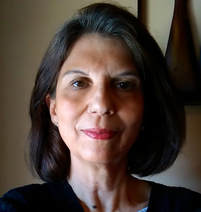 Bio: Arya F. Jenkins’s poetry, fiction and creative nonfiction have appeared in numerous journals and zines. Her short story, “Foolish Love,” was nominated for a Pushcart Prize in 2017. Her poetry has also been nominated for the Pushcart. Her work has appeared in at least four anthologies. She writes jazz fiction for Jerry Jazz Musician, an online zine. Her poetry chapbooks are: Jewel Fire (AllBook Books, 2011) Silence Has A Name(Finishing Line Press, 2016). Her poetry chapbook, Autumn Rumors, is slated for publication by CW Books in September 2018. Her jazz-inspired short story collection, Blue Songs in an Open Key, was just accepted for publication by Fomite Press. 4/27/2018 Poetry by David HanlonGrandfather Clock My grandfather, like the antique clock, was a masterful timekeeper, a weight-driven pendulum encased in a tower. Who told me never to waste time giving more value to the material things in life over those who care for you. Who also told me that gratitude is a moment-to-moment practice, offered in even the very smallest of gestures. And I still here him ticking now, long after his time was up. A Portrait of You as Dahlia You’re dignified & grateful, can be any hue except blue, you generously unfurl florets— flowers that make up a flower. Mausoleum They say I'm brave, I'm coping so well; I feel impressive: like the Taj Mahal, beautiful even, but housing so much death.  Bio: David Hanlon is from Cardiff, Wales, and currently living in Bristol, England. He has a BA in Film Studies and is training part-time as a counsellor/therapist. You can find his work online at Ink, Sweat & Tears, Fourth & Sycamore, Calamus Journal, Occulum, The Rising Phoenix Review & Writers Resist, among others. 4/26/2018 Poetry by Savannah SloneAn Exhalation of Dead Things I could write a how to guide on breaking I have a celestial allegiance to all of my seared transgressions and breaches, violations, infringements and breakings of the molten women I’ve been the pronouns I’ve lost and found the masks I’ve tried on all extraterrestrial identities broken, off to the landfill of my subconscious, no time for braking, I hem a moonscape for all of my selves that I’ll be and have been and am and will dream about within my interstellar breakdowns of Self. Lunar I long for a cosmological relocation a lavender planet a marmalade dream a blackberry compote where humans plant ferns and poppies and poison ivy where men hear “no” where snakes pulse around your wrists crystal constellations rose quartz galaxies bodies of water—bodies of life. A planet whose moons are prayed to by the visionaries and the creators and the ones who question where microscopic languages heal scars, solstice deposits, hidden in drawers, never go deprived. We: undiscovered. Where the moons rise and we rise, too. Bio: Savannah Slone is a queer writer who earned her B.A. in English: Professional and Creative Writing from Central Washington University and is completing her M.F.A. in Writing at Lindenwood University. Her poetry and short fiction has appeared in or will soon appear in Manastash Literary Arts Magazine, Creative Colloquy, Heavy Feather Review, Boston Accent Lit, PaperFox Lit Mag, The Stray Branch, The Airgonaut, Ghost City Press, Sinister Wisdom, decomP magazinE, Maudlin House, FIVE:2:ONE, Foliate Oak, Pidgeonholes, and Luna Luna Magazine. Her debut chapbook, Hearing the Underwater, is forthcoming publication at Finishing Line Press. Savannah lives in Skykomish, WA, where she works a handful of part-time jobs and cares for her toddler with autism. She enjoys reading, writing, knitting, hiking, and talking all things intersectional feminism. |
AuthorWrite something about yourself. No need to be fancy, just an overview. Archives
April 2024
Categories |
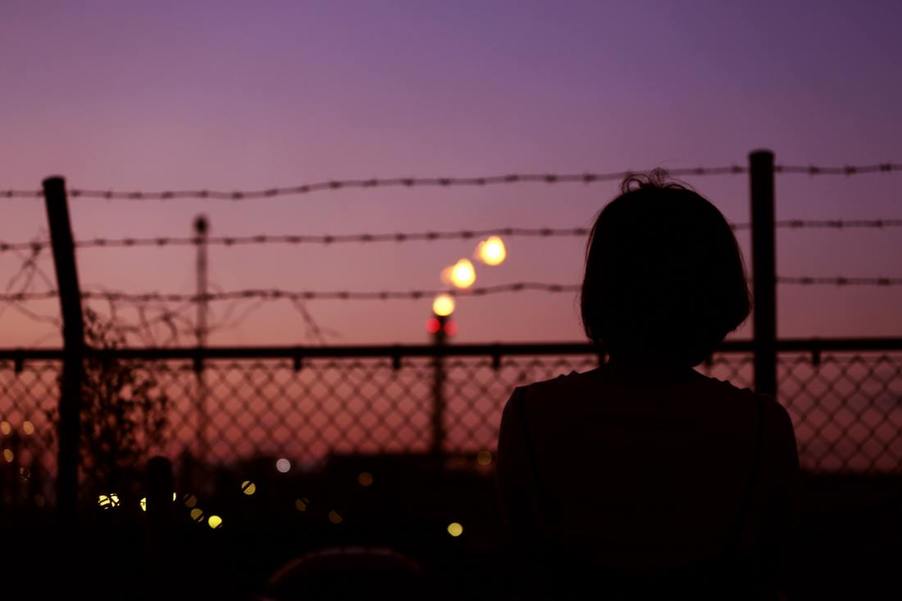
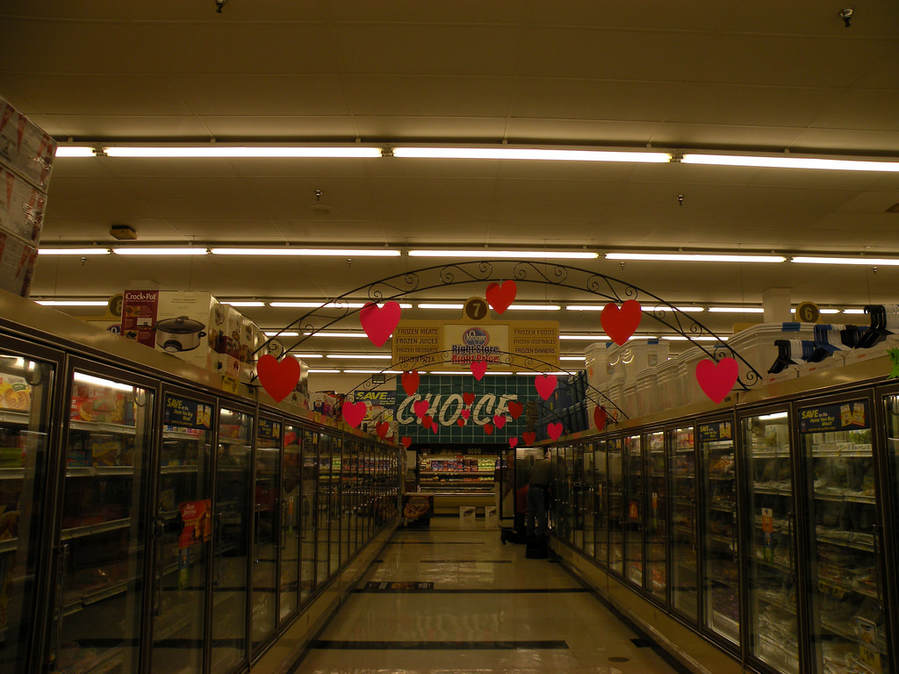
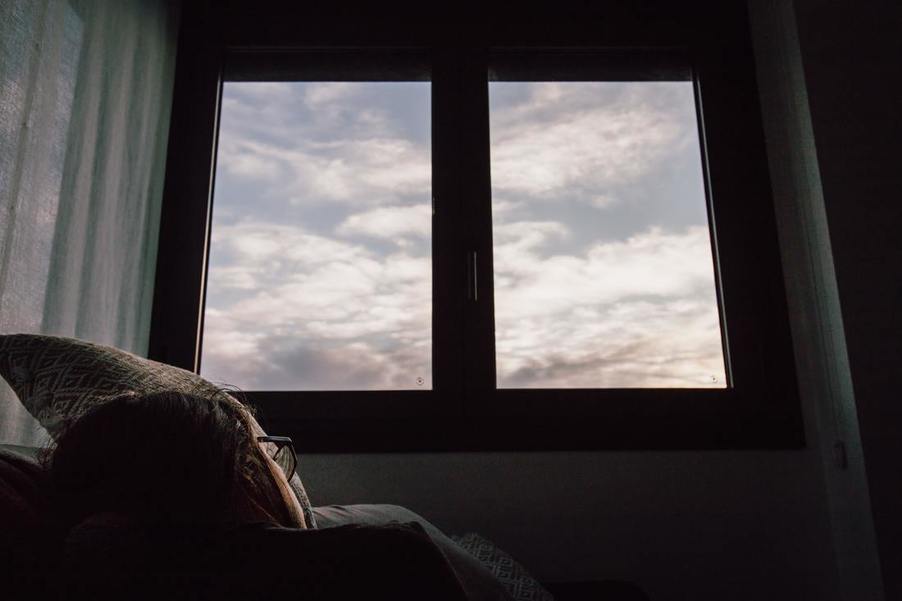
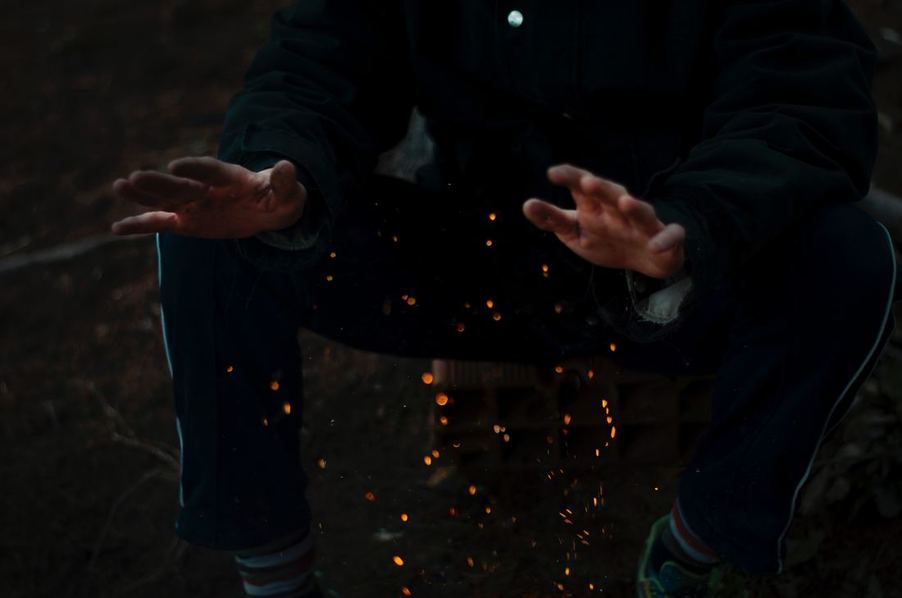
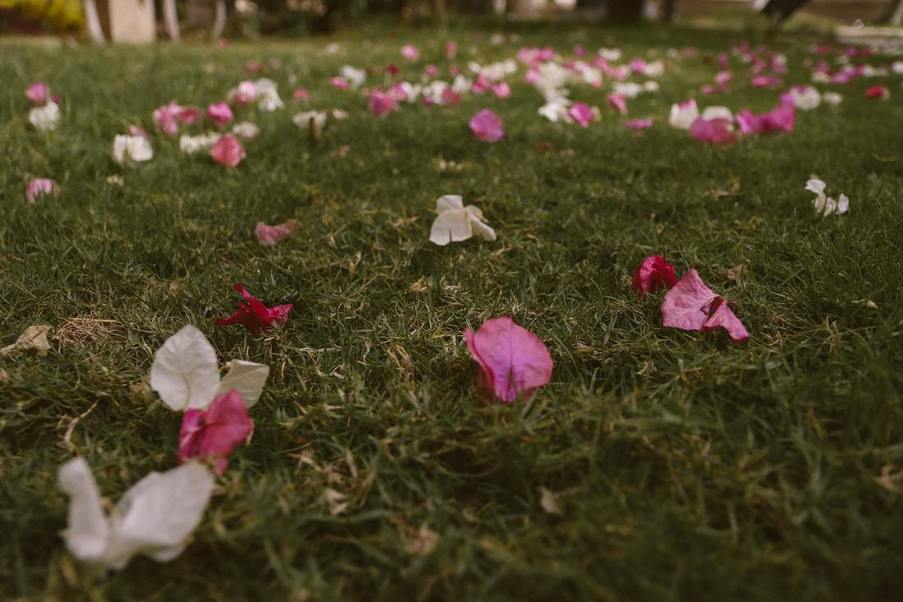

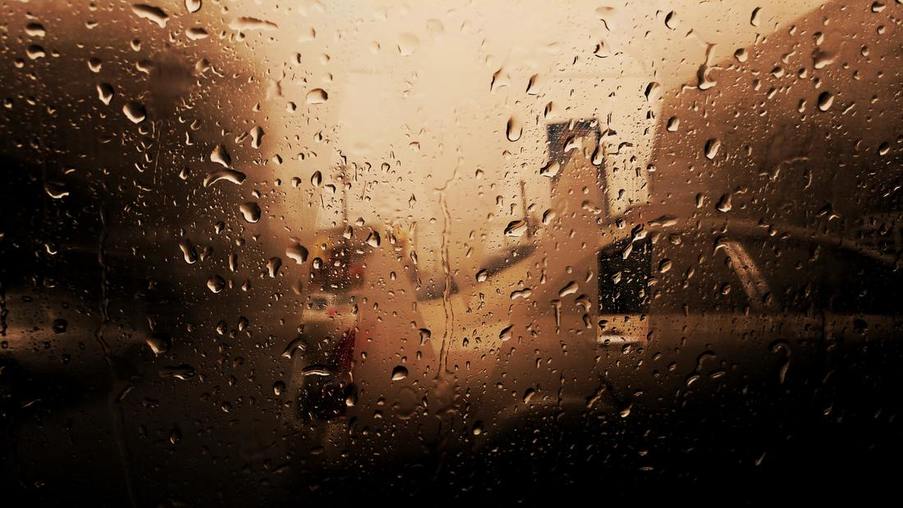



 RSS Feed
RSS Feed
